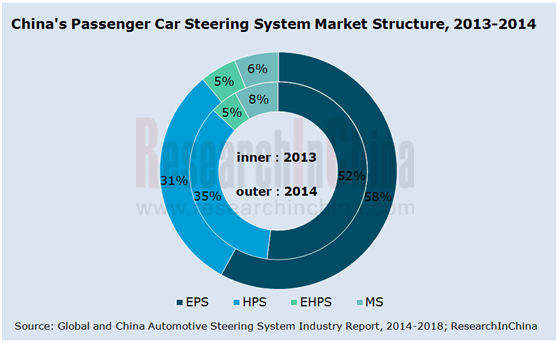The Evolution and Significance of Automotive Brands in the Global Market
In the global marketplace, automotive brands have undergone significant evolution over the years. The early days of car manufacturing were dominated by a few major brands, but with the introduction of new technologies and competition from emerging markets, the landscape has become more diverse. ,Today, consumers have access to a plethora of options when it comes to cars, including both domestic and foreign brands. This has led to an increased importance for automotive manufacturers to establish a strong brand identity in order to stand out in a crowded market. ,Brands that successfully build a strong image and reputation through quality, innovation, and marketing strategies tend to enjoy greater customer loyalty and market share. In addition, some brands have managed to transcend national borders and become truly global brands, such as Toyota, BMW, and Audi. ,However, the rise of electric vehicles and other alternative fuel sources is also transforming the automotive landscape. As these technologies become more mainstream, it will be increasingly important for brands to not only maintain their traditional strengths but also adapt to meet the evolving needs of consumers and the environment. ,Overall, the evolution of automotive brands in the global market is a testament to their ability to innovate and adapt in the face of changing circumstances. As the industry continues to evolve, it will be fascinating to see which brands continue to thrive and which fall by the wayside.
Automotive brands are an integral part of the modern-day economy, with their influence extending well beyond the world of automobiles. These brands not only represent innovation and design but also embody values such as reliability, performance, and safety. In this article, we will explore the evolution of automotive brands, their significance in the global market, and the impact they have on consumers around the world.
Origin and Emergence of Automotive Brands
The earliest forms of automotive manufacturing can be traced back to the late 1800s when manufacturers began creating engines for steam-powered vehicles. It was during this time that some of the earliest automotive brands emerged, such as Ford, General Motors (GM), and Chrysler. These brands were initially focused on producing high-quality engines for other car manufacturers but soon began developing their own vehicles as well.

In the early 20th century, automobile manufacturers began competing for market share by introducing new models, features, and designs. This competition led to the emergence of iconic brands such as Ferrari, Lamborghini, Porsche, and BMW. These brands were known for their high-performance capabilities, luxury features, and unique styling.
As the industry continued to evolve, so did the role of automotive brands. In addition to producing vehicles, many brands began offering aftermarket parts and accessories, providing a new source of revenue for manufacturers. This trend continued into the 21st century with the rise of digital platforms, e-commerce sites, and social media marketing. Today's automotive brands are more than just producers of vehicles, they are also innovators, marketers, and lifestyle ambassadors.
Significance of Automotive Brands in the Global Market
The global automotive market is a multi-billion dollar industry that plays a critical role in the economy. According to recent data, the automotive industry employs millions of people worldwide and contributes significantly to national GDP.
Automotive brands also play a significant role in shaping consumer perceptions about cars. For instance, luxury brands like Mercedes and BMW are often associated with prestige and exclusivity, while mainstream brands like Toyota and Honda are seen as reliable and cost-effective options. This branding can make or break a brand's sales success in the highly competitive market.
Furthermore, automotive brands have also become symbols of national pride and identity in many countries. For example, Japan's Toyota brand is synonymous with quality and innovation, while Germany's BMW brand is recognized for its sleek design and superior performance.

Impact of Automotive Brands on Consumers
Consumers today are more discerning than ever before when it comes to purchasing decisions. They research products thoroughly online before making a purchase and are influenced by a variety of factors including social media reviews, celebrity endorsements, and peer recommendations. This has made it even more important for automotive brands to establish a strong online presence and engage with consumers through social media channels.
Brand loyalty is also becoming increasingly important in the automotive industry. Consumers are more likely to stick with a brand that meets their needs over time and provides consistent quality across all products and services. This has led many brands to invest heavily in research and development to ensure that their vehicles remain at the cutting edge of technology and innovation.
Conclusion
In conclusion, automotive brands have come a long way since their inception in the late 1800s. From producing simple engines for steam-powered cars to developing high-performance vehicles with cutting-edge technology, these brands have transformed themselves into global icons of innovation and design. As we look to the future, it seems clear that automotive brands will continue to play an important role in shaping our lives and our economy. With their focus on innovation, quality, and consumer satisfaction
与本文知识相关的文章:



